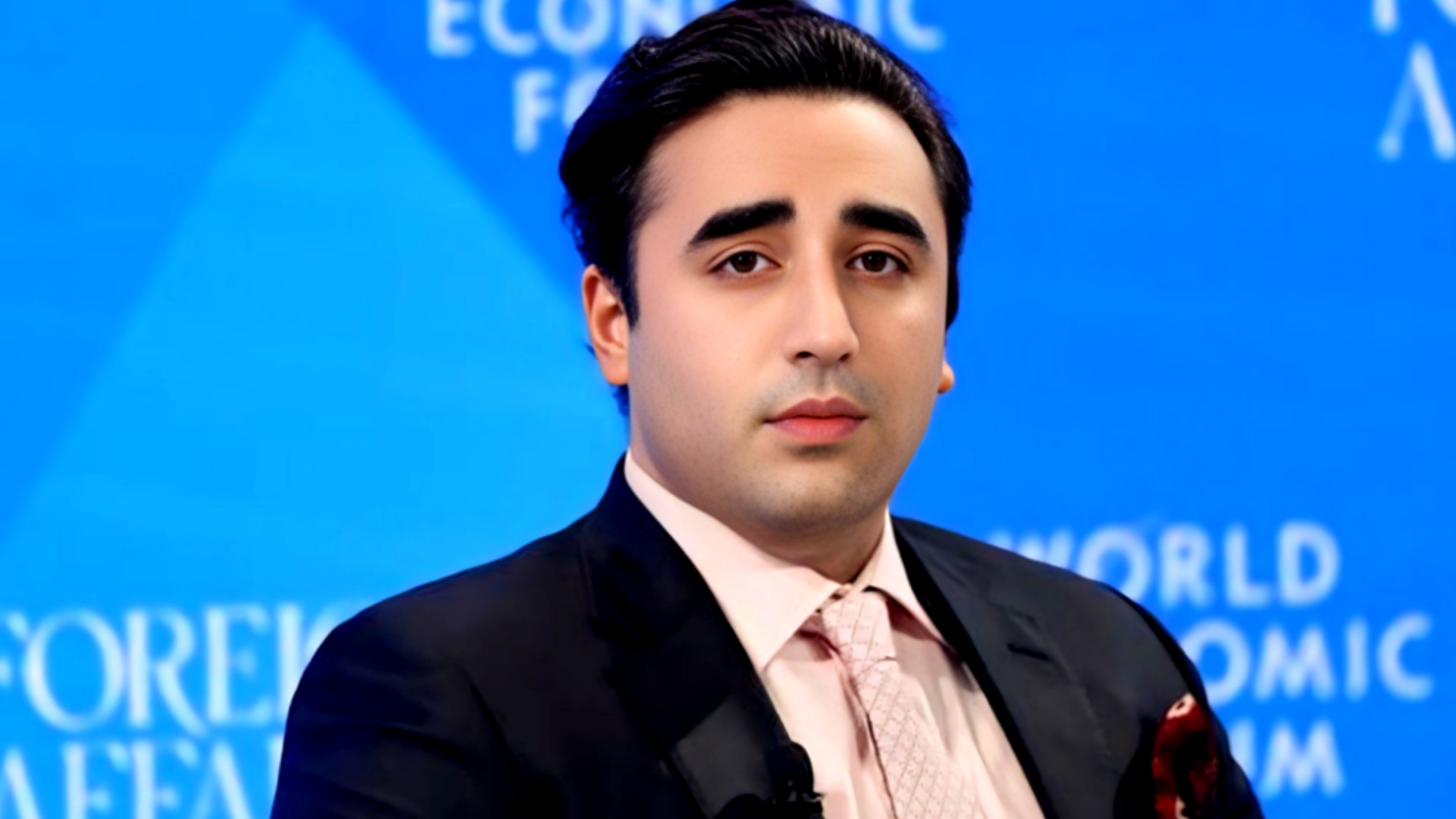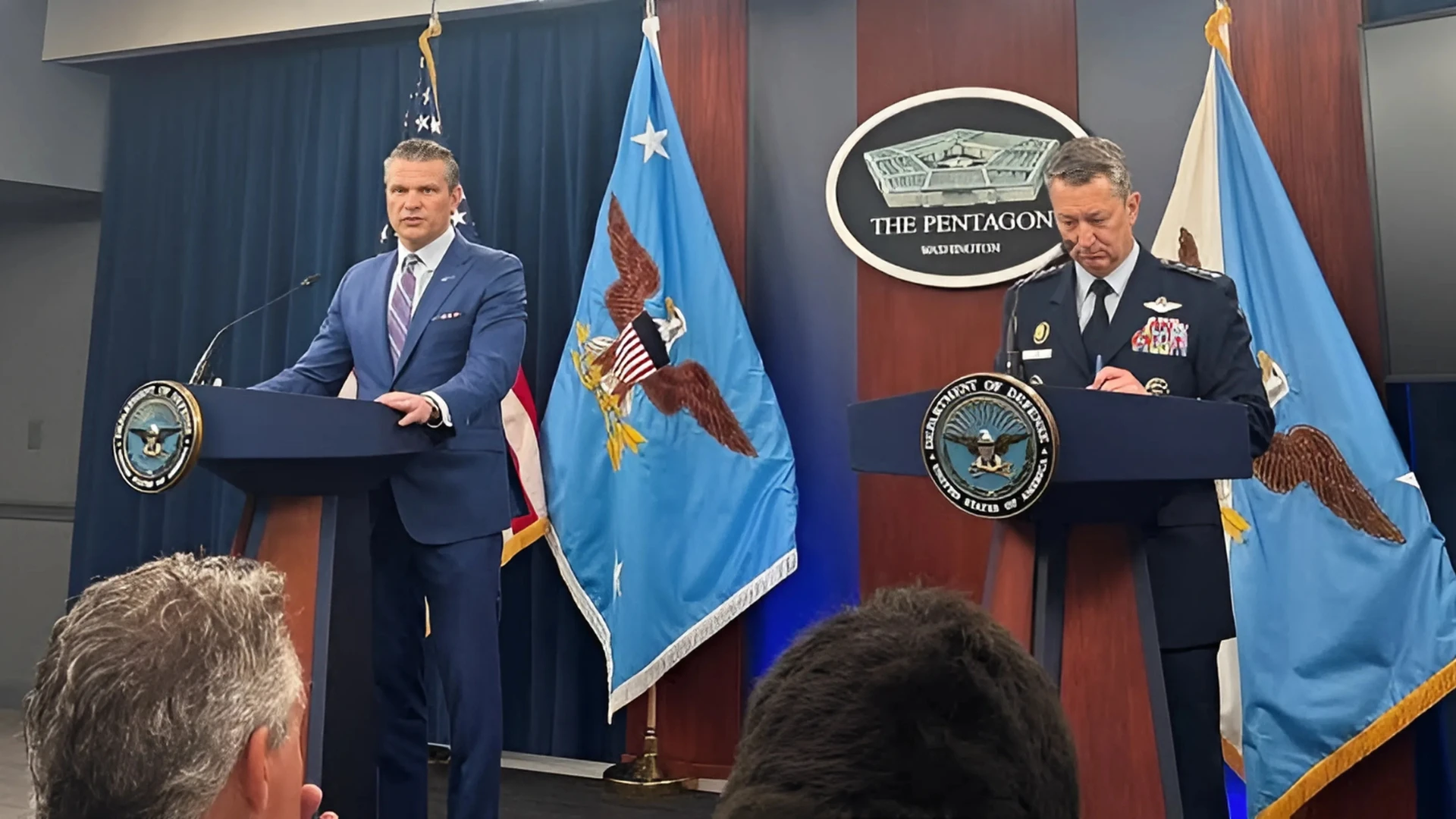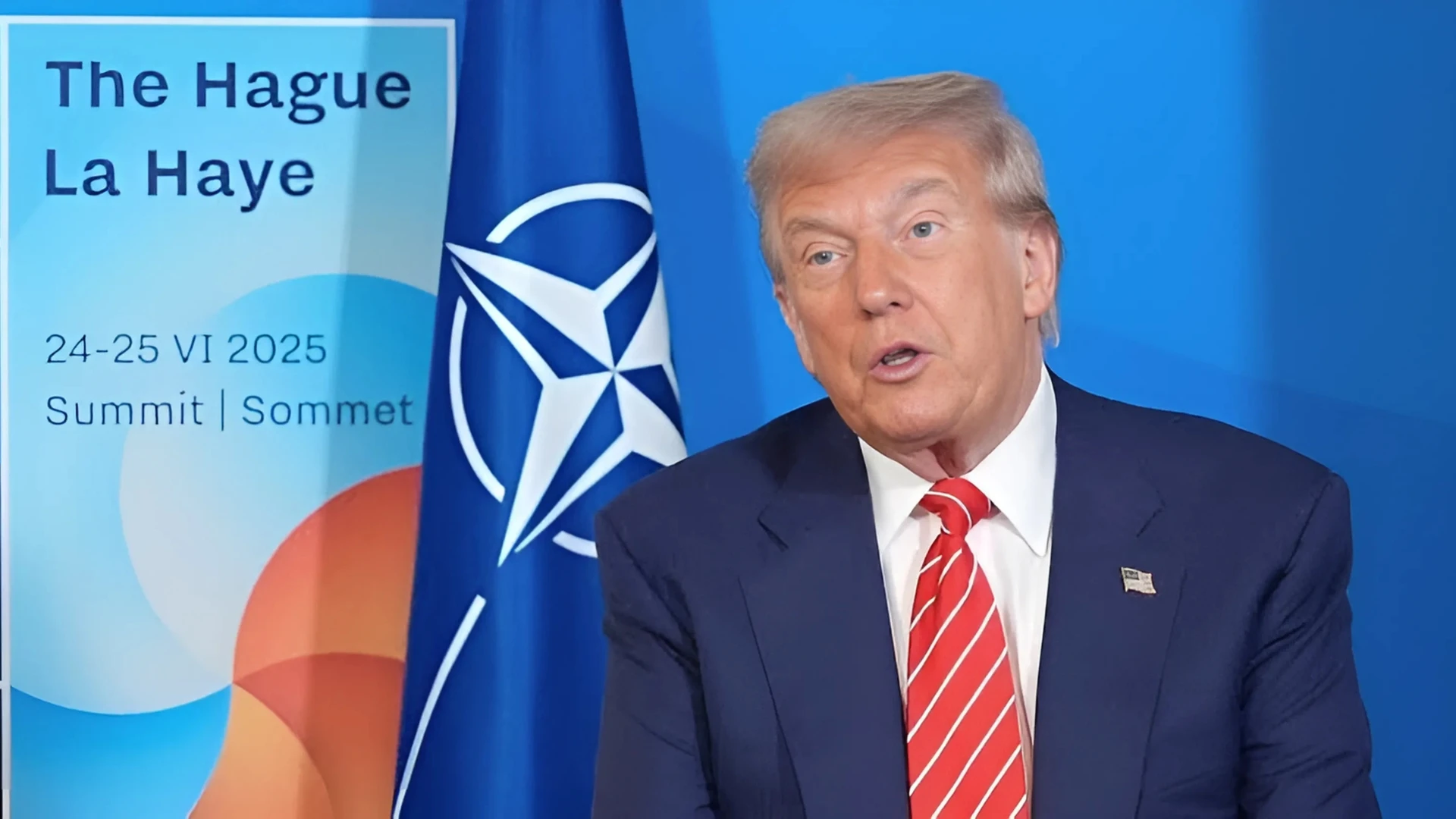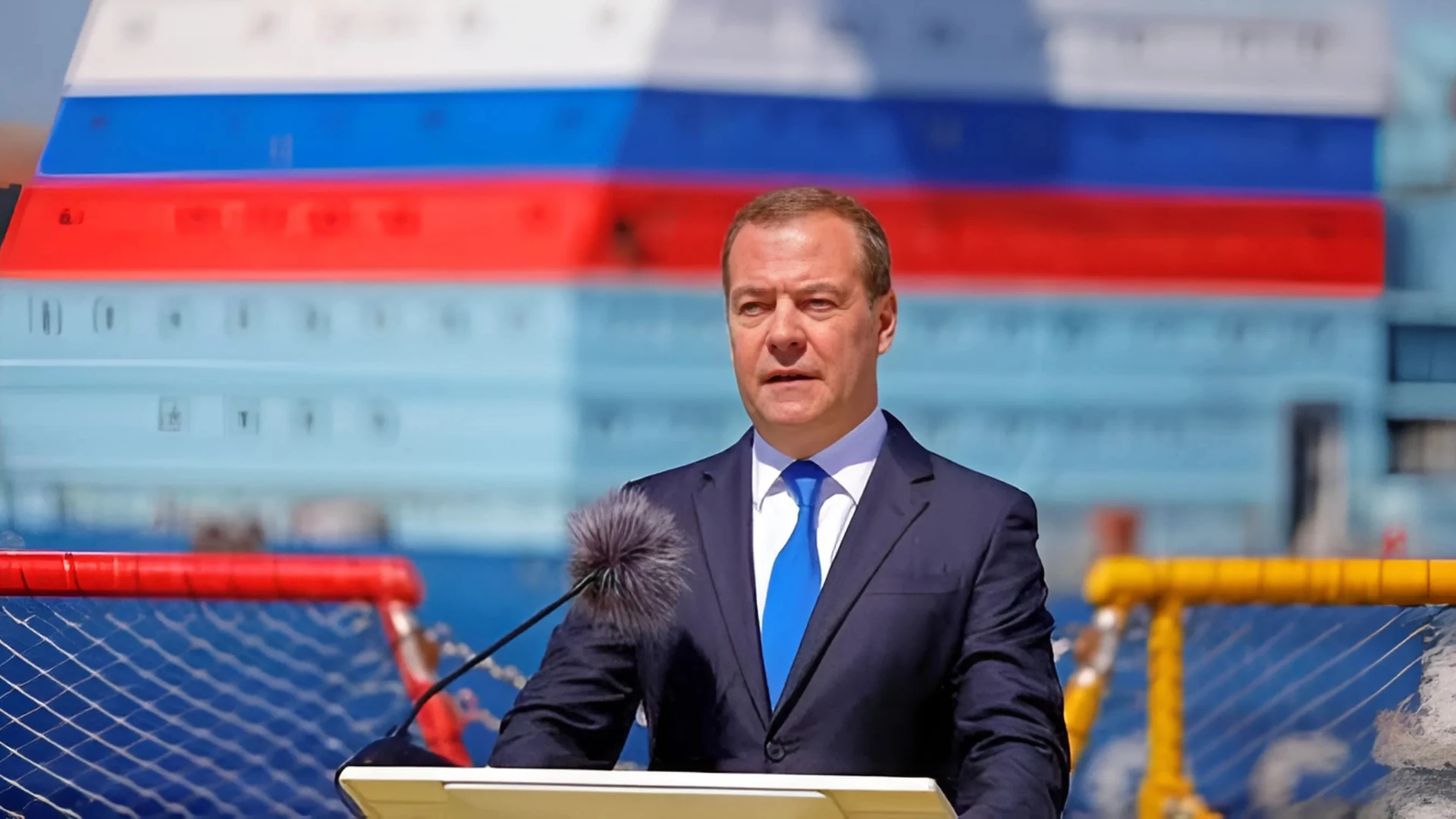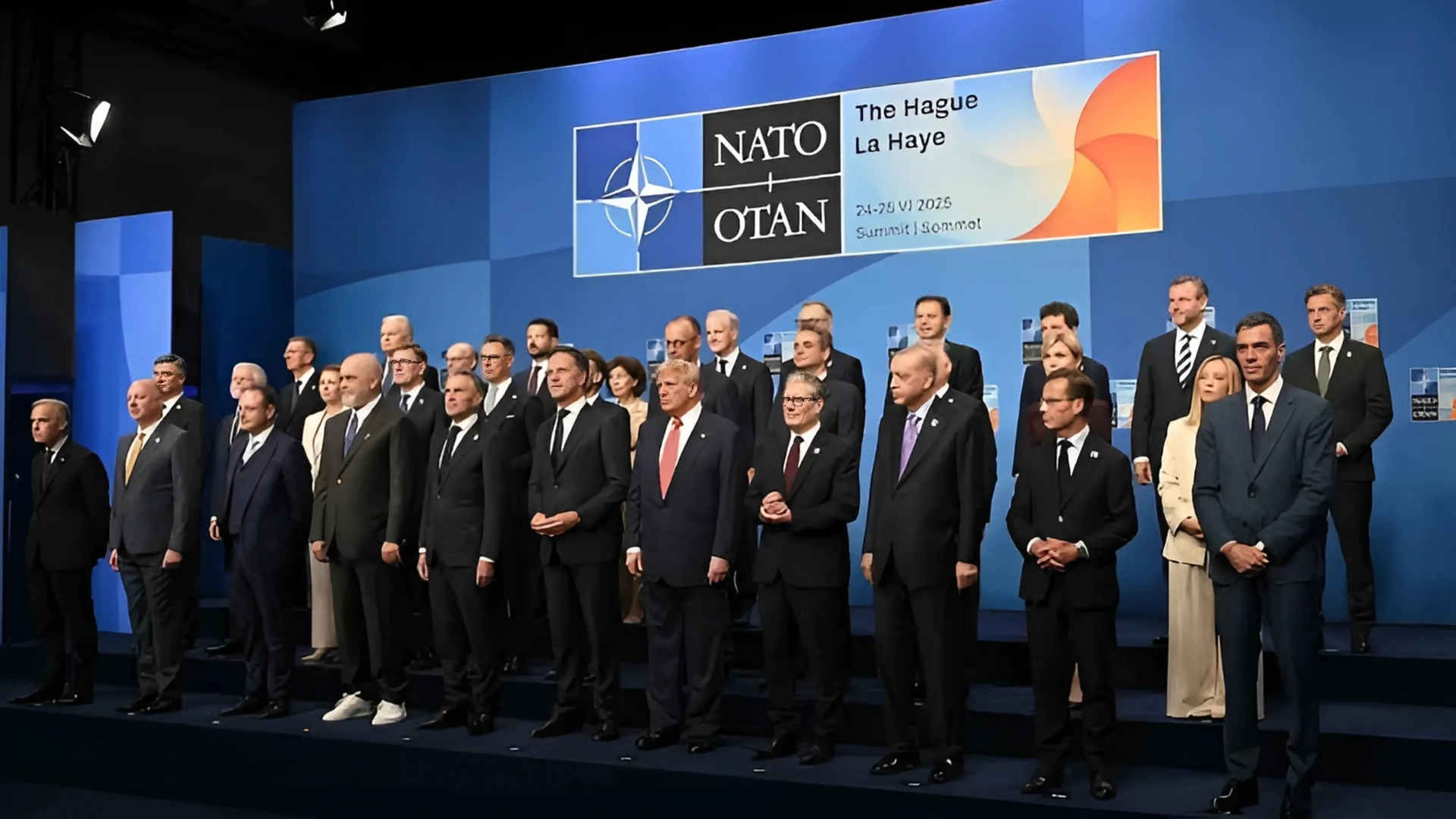Munich: At the 2025 Munich Security Conference, Pakistan People’s Party (PPP) Chairman and former Foreign Minister Bilawal Bhutto Zardari emphasized Pakistan’s potential to act as a bridge between the United States and China.
During his address, he discussed Pakistan’s relations with both powers, expectations from President Donald Trump’s new administration, and regional security challenges, including relations with India.
Bilawal stated, “The competition between the U.S. and China has clear global implications. From Pakistan’s perspective, we have historically played the role of a bridge-builder rather than a divider.” He reaffirmed that Pakistan seeks to foster dialogue and cooperation, referencing the country's past role in facilitating U.S.-China relations.
He added, “If the world tries to place us into a single camp, we would prefer to be seen as bridge-builders. Moving forward, we aspire to reduce divisions and fill gaps, not widen them.”
When asked about President Trump’s new administration, Bilawal described Trump as a “deal-maker” and expressed optimism for constructive dialogue with the U.S. on regional issues. “There are areas where U.S. engagement aligns with our regional roadmap, including the potential for improved ties with India,” he said.
Bilawal warned, however, that the U.S. approach of positioning India as a regional security provider against China could disrupt the balance of power in South Asia. “While both India and Pakistan should focus on poverty and unemployment, if the U.S. pursues India’s regional hegemony, Pakistan will do whatever is necessary to maintain strategic balance,” he stressed.
Discussing U.S.-China rivalry, he highlighted that Pakistan’s economic partnership with China is essential but should not isolate the country from global engagement. “China is a vital and consistent partner, but that does not mean we should be cut off from the rest of the world,” he remarked.
Commenting on U.S. Vice President J.D. Vance’s statement regarding successful U.S. negotiations with Russia over Ukraine, Bilawal expressed no surprise. “It is not unexpected because the U.S. always prioritizes its national interests,” he said, citing the 2021 U.S. withdrawal from Afghanistan as an example of unilateral decision-making without consulting allies like the EU, Afghanistan, or Pakistan.
Bilawal linked Pakistan’s current security issues directly to the aftermath of the U.S. withdrawal from Afghanistan, which led to a resurgence of militant groups such as Tehreek-e-Taliban Pakistan (TTP) and ISIS. “Before the fall of Kabul, we were more successful than NATO in eliminating militant threats within our borders,” he asserted.
He called for a unified national approach to address internal security concerns, stating, “Pakistan needs a comprehensive domestic consensus before engaging in meaningful regional and international dialogues to tackle this challenge.”


